Different kinds of conflict can directly harm or otherwise undermine conservation efforts. Done right, conservation can support nature’s resilience and build peace.
The stakes are high: Many of the world’s conflict zones are located in biodiversity hotspots, and the links between natural resources, climate change and certain conflicts are increasingly recognized. Conservation is extremely challenging without peace, but the role of nature in helping to manage conflict or broker peace is often overlooked.
This is where Conservation International is leading the way. Through our Center for Communities and Conservation, we are committed to understanding and fostering nature’s role in resolving conflict — for nature and our own well-being.
Why is it important?
— Wangari Maathai, Founder, Green Belt Movement and 2004 Nobel Peace Prize Laureate

Environmental Peacebuilding Training Manual
Conserving nature requires engagement with the local communities who depend on it — but conflicts can arise between stakeholders over values, priorities and other factors. If carried out with care, however, conservation efforts can encourage collaboration, transform relationships and support peace.
This manual is designed to build the capacity of Conservation International's staff — and other conservation practitioners and organizations — to better understand and respond to conflicts that can arise from or have impacts on conservation initiatives, and to capitalize on opportunities to support peacebuilding in local communities.
Our role
Our conflict sensitivity and peacebuilding team works across Conservation International's field offices and with global programs focused on climate change, biodiversity and other key initiatives. Through our work, we build staff and partners’ skills and develop tools to help Conservation International respond to and manage conflicts in the places where we work and promote peace through conservation — creating space for dialogue, cooperation and collaborative decision-making. This work builds on Conservation International’s “rights-based approach,” promoting good governance and providing a foundation for strong partnerships and inclusivity.
Lessons learned
In this report, Conservation International aims to summarize and share its experience in supporting conflict sensitivity and, when relevant, incorporating environmental peacebuilding elements in its work. The focus of this brief report is on key lessons learned over more than 10 years of experience – both from the perspective of organizational transformation and in relation to operations and programming.
Further, this report is meant to provide a starting point for knowledge exchange for peer organizations, as well as organizations from different fields working in similar landscapes or facing shared challenges. Knowledge exchange is essential and timely; evidence for the complex linkages between conflict, peace, natural resources and climate change is growing while the urgency for action on climate and biodiversity intensifies.
The report is available in English, Spanish, French or Portuguese.
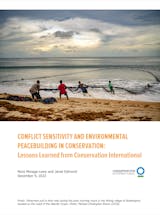
Conflict Sensitivity and Environmental Peacebuilding in Conservation
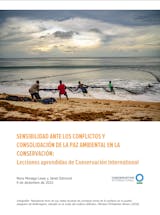
Sensibilidad ante los Conflictos y Consolidación de la Paz Ambiental en la Conservación
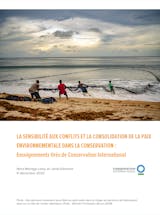
La Sensibilité aux Conflits et la Consolidation de la Paix Environnementale dans la Conservation

Sensibilidade ao Conflito e Construção da Paz Ambiental na Conservação
Our projects
The project ‘Restoring nature and peace threatened by climate change: monitoring human security benefits of EbA in Kenya’, supported by the Global EbA Fund aims to demonstrate how Ecosystem-based adaptation (EbA) -- the use of nature to address climate impacts on people and livelihoods – can improve peace and human security. The project will produce empirical evidence on the potential that grassland restoration has for reducing conflicts among people and between people and wildlife in the context of an existing project, funded by Apple, which is restoring 11,000 hectares of rangelands. Conservation International is conducting household surveys to track conflicts as rangeland restoration is progressing and developing tools to make restoration projects resilient to climate change and sensitive to social dynamics.
From the blog
-
When protecting nature helps build peace
Over the past 60 years, more than 40 percent of civil wars or armed conflicts have been linked to competition over resources. And that’s expected to grow as climate change and environmental degradation exacerbate existing clashes, experts say.
© Adrián Portugal -
Activist murders reflect clashes over resource use
Berta Caceres at the banks of the Gualcarque River in western Honduras, where she led a prolonged protest against construction on the Agua Zarca hydroelectric project, which poses grave threats to the local environment, river and indigenous Lenca people. She was murdered in her home in March 2016.
© Goldman Environmental Prize
Related content
Conservation International brought together staff from across South America to discuss the linkages between gender, conflict and natural resource management. Through sharing individual experiences, the exchange enhanced the understanding of these links and identified the best practices to use when creating integrated environmental peacebuilding programs. | Learn more at http://ci-intl.org/2a6SSx3 Follow us on: Twitter: http://www.twitter.com/ConservationOrg Facebook: https://www.facebook.com/conservation.intl Instagram: https://www.instagram.com/ConservationOrg
-
Center for Communities and Conservation
Conservation International partners with Indigenous peoples and local communities — critical stewards of the environment who are often on the front lines of conservation.
© Georgina Goodwin -
Ecosystem-Based Adaptation
Even if the world stopped all carbon emissions immediately, the impacts of climate breakdown would continue for centuries. Humanity must scale up methods for adapting to climate change. One promising approach is called Ecosystem-based Adaptation (EbA): the use of nature — conservation, restoration...
-
Respecting human rights in conservation
Every person on Earth has the right to food, water and a healthy environment — and to participate in decisions that affect their lives.
© Benjamin Drummond -
Men and women: Partners in conservation
Men and women alike rely heavily on natural resources to provide households with food, fuel and water — but gender roles and culture are often overlooked in conservation efforts.
© CI/photo by Daniel Rothberg
Conservation International is a member of the Environmental Peacebuilding Association and the Alliance for Peacebuilding.

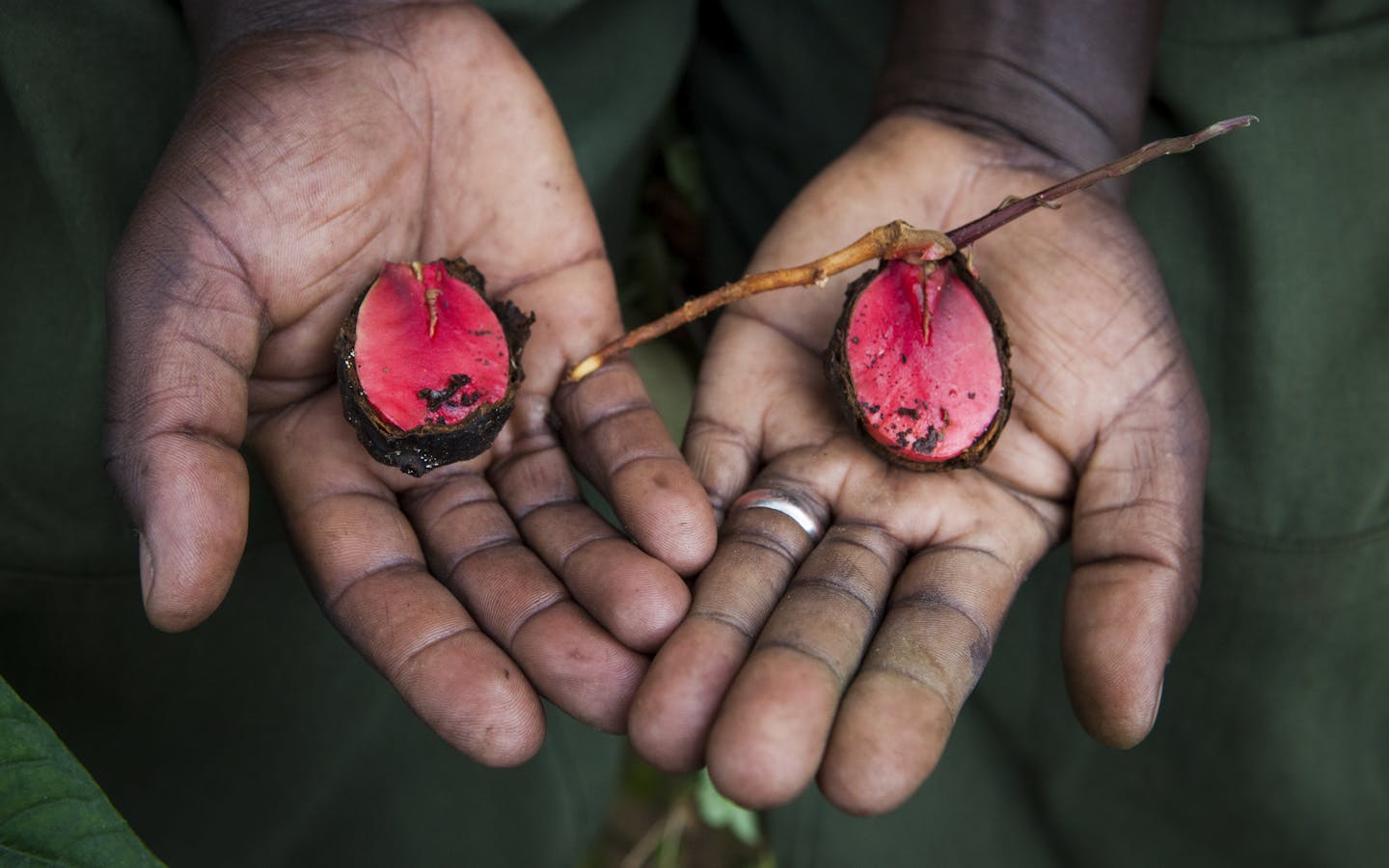

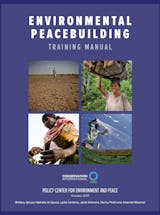
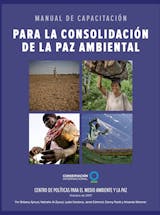
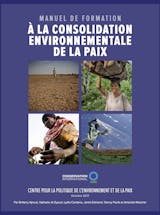



?&auto=compress&auto=format&fit=crop&w=263&h=350)

